Happiness is inward, and not outward; and so, it does not depend on what we have, but on what we are
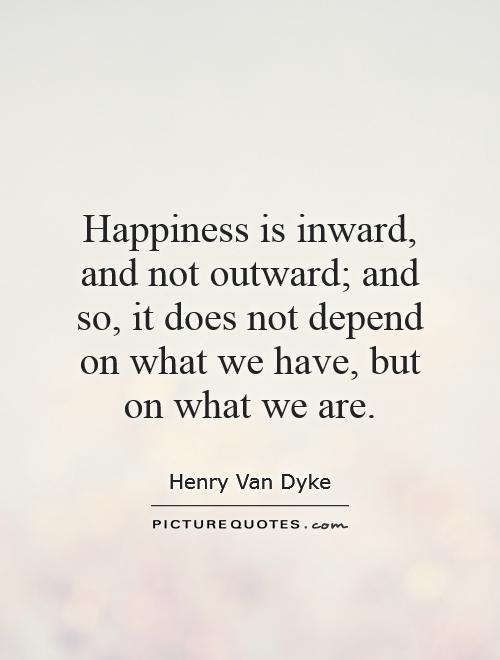
Happiness is inward, and not outward; and so, it does not depend on what we have, but on what we are
Henry Van Dyke, a renowned American author, poet, and clergyman, once said, “Happiness is inward, and not outward; and so, it does not depend on what we have, but on what we are.” This profound statement encapsulates the essence of true happiness and the importance of self-awareness and self-acceptance in achieving it.In today's materialistic world, many people equate happiness with external possessions, such as wealth, status, or material goods. However, Van Dyke reminds us that true happiness comes from within, from our inner selves and our state of mind. It is not dependent on external circumstances or possessions, but rather on our own thoughts, attitudes, and values.
Van Dyke's words also emphasize the importance of self-awareness and self-acceptance in finding happiness. In a society that often promotes comparison and competition, it can be easy to fall into the trap of measuring our worth and happiness based on external factors. However, true happiness lies in accepting ourselves for who we are, embracing our strengths and weaknesses, and finding contentment in our own unique qualities and experiences.
Furthermore, Van Dyke's statement suggests that happiness is a choice that we can make regardless of our external circumstances. It is not something that can be bought or acquired, but rather a state of being that we cultivate from within. By focusing on our inner selves, our values, and our relationships with others, we can find true happiness and fulfillment in our lives.
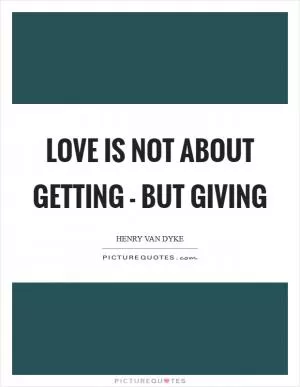
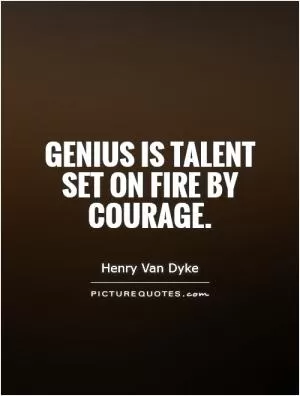
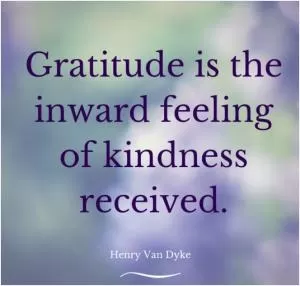

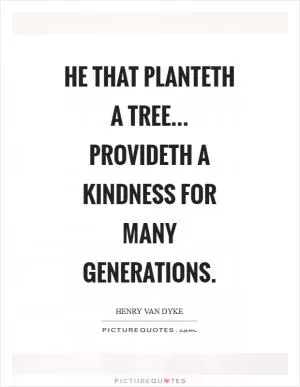

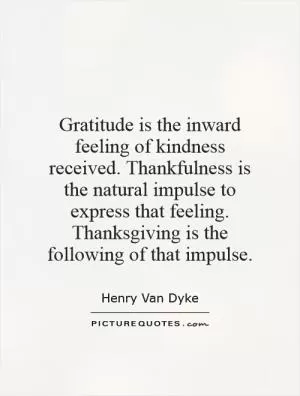

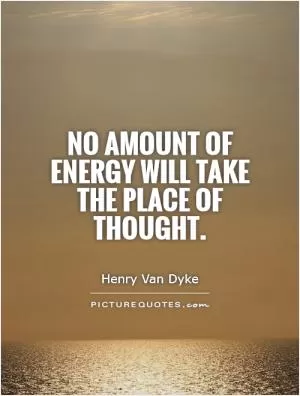
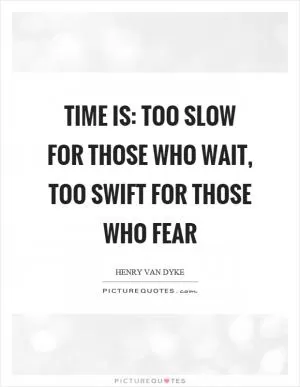


 Friendship Quotes
Friendship Quotes Love Quotes
Love Quotes Life Quotes
Life Quotes Funny Quotes
Funny Quotes Motivational Quotes
Motivational Quotes Inspirational Quotes
Inspirational Quotes